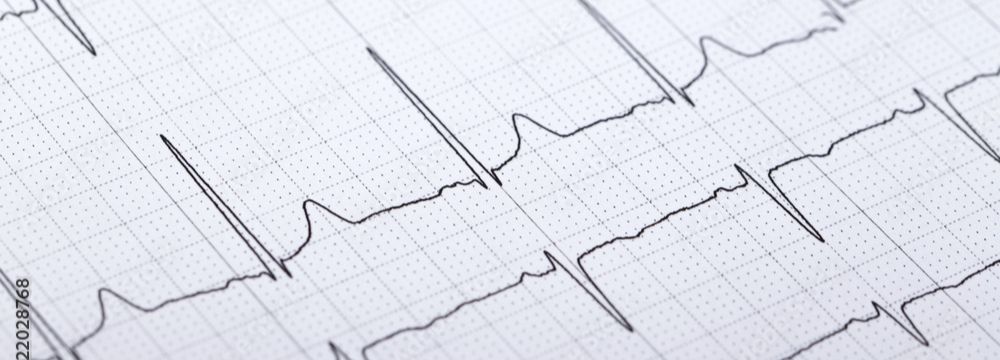
Official Higa Bariatrics Blog

After Bariatric Surgery
BMI
Diet
Exercise
Gallbladder
Gastric Bypass
Gastric Sleeve
GERD
Hernia
In the News
Obesity
Paying for Weight Loss Surgery
Support
Weight Loss
Weight Loss Medications
Weight Loss Surgery




